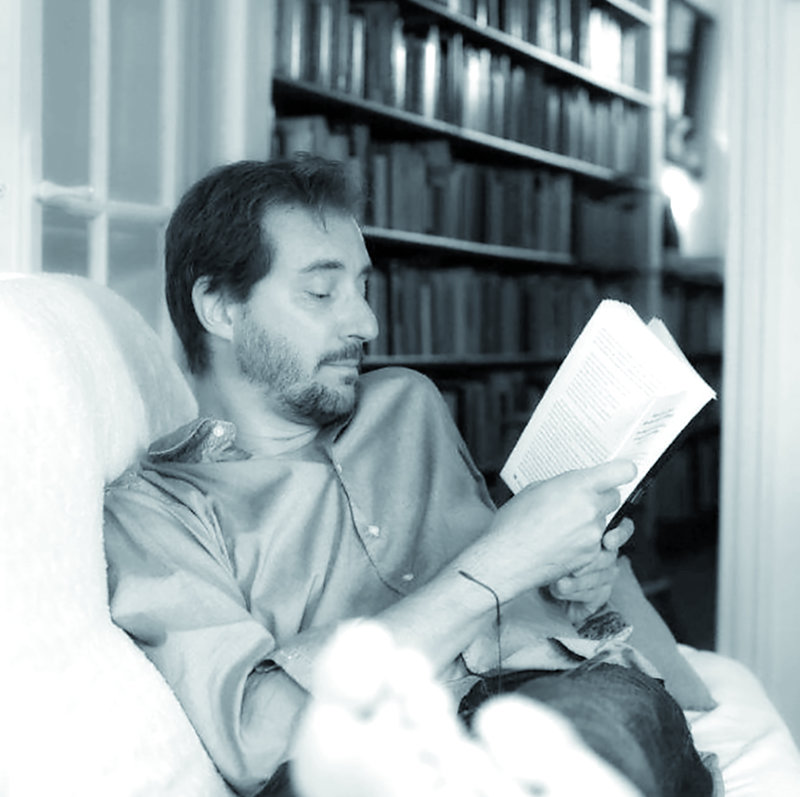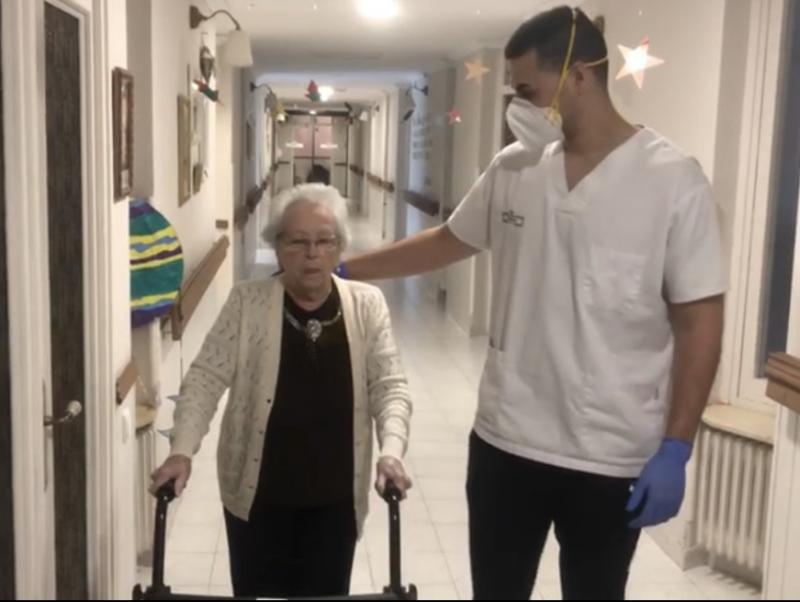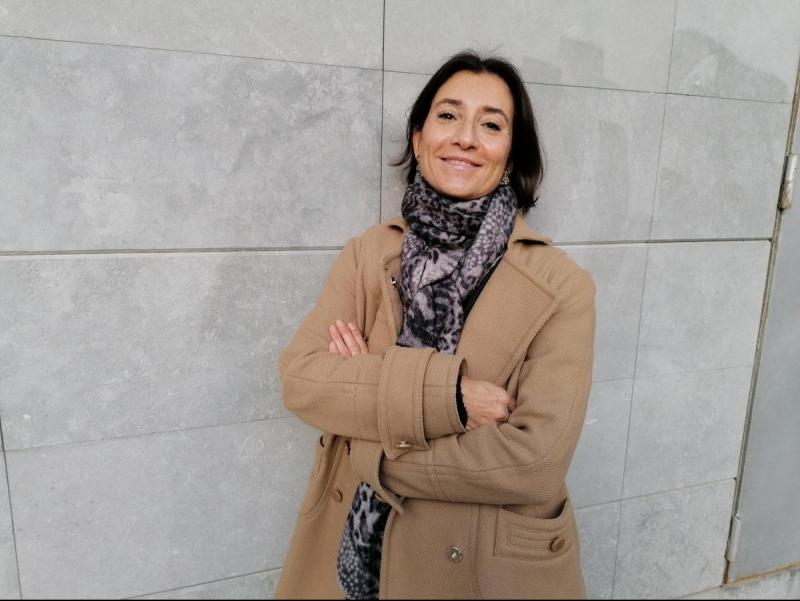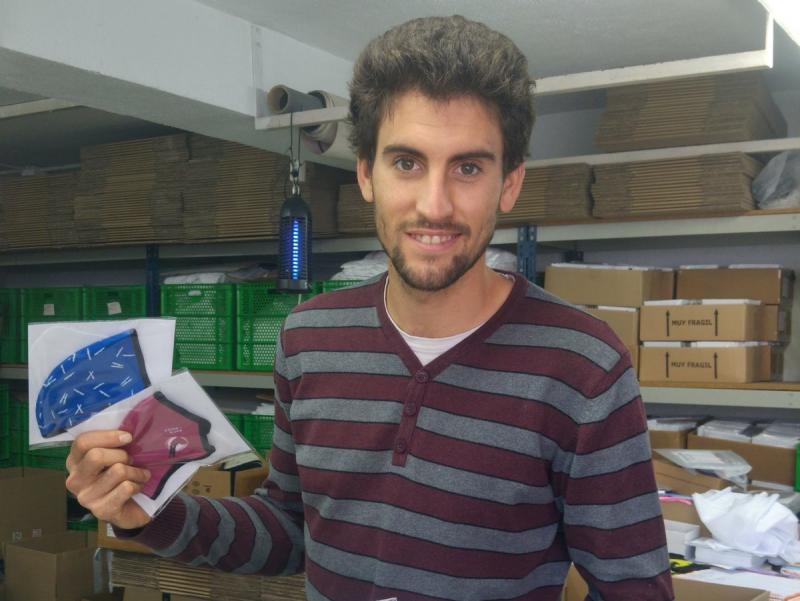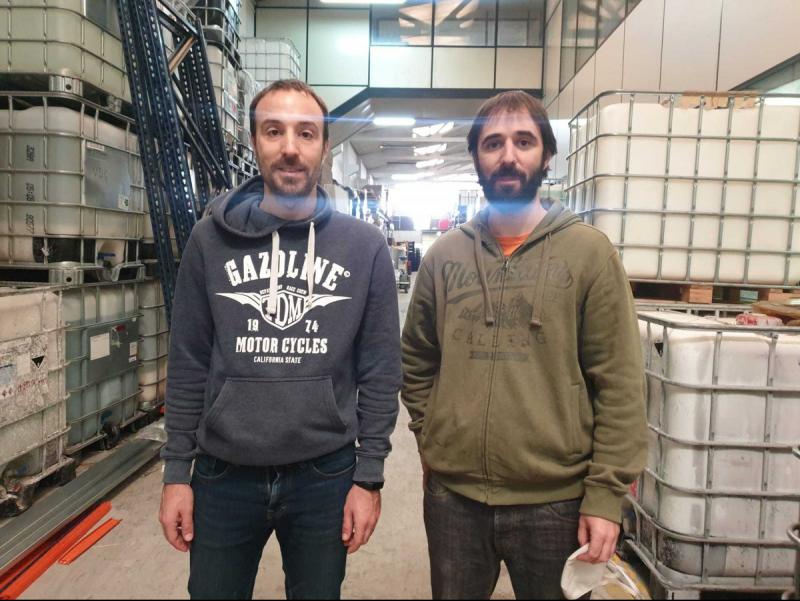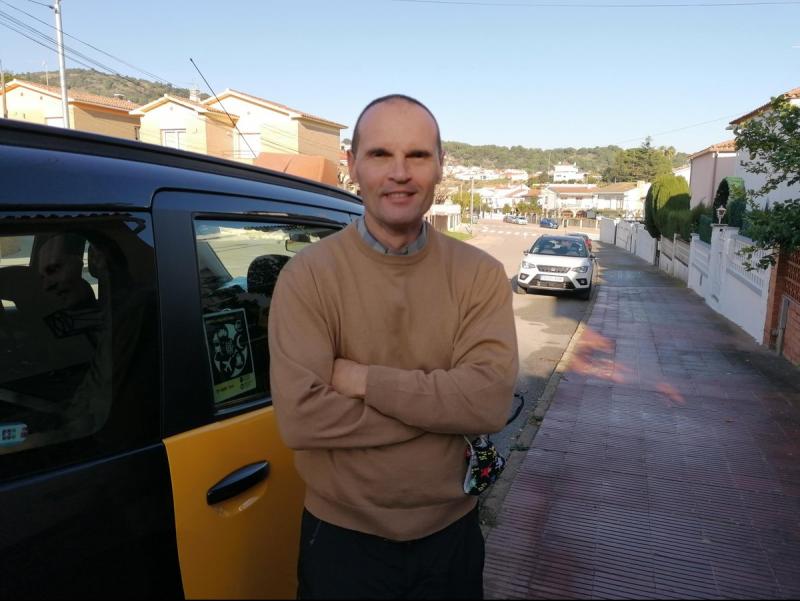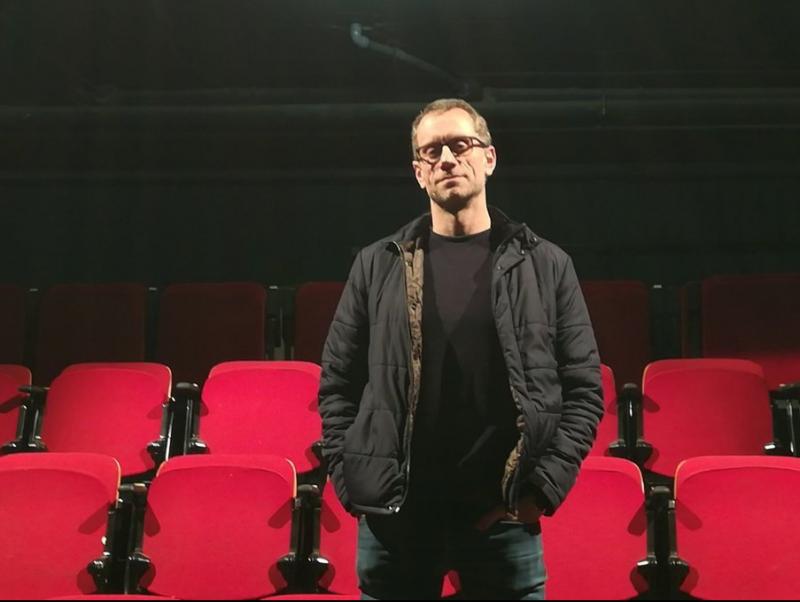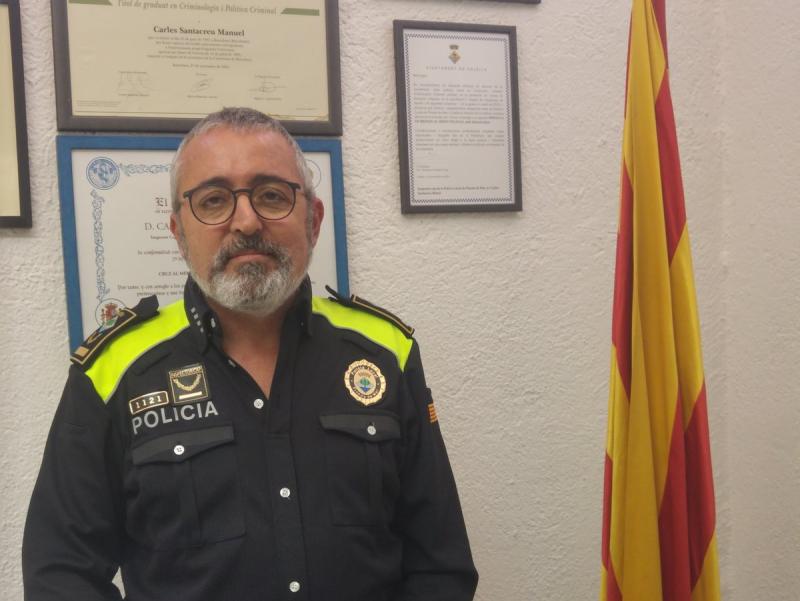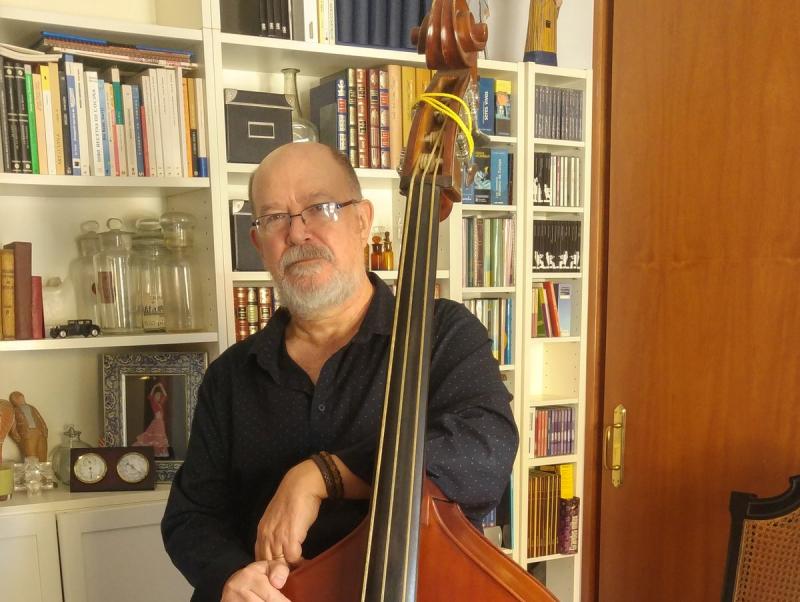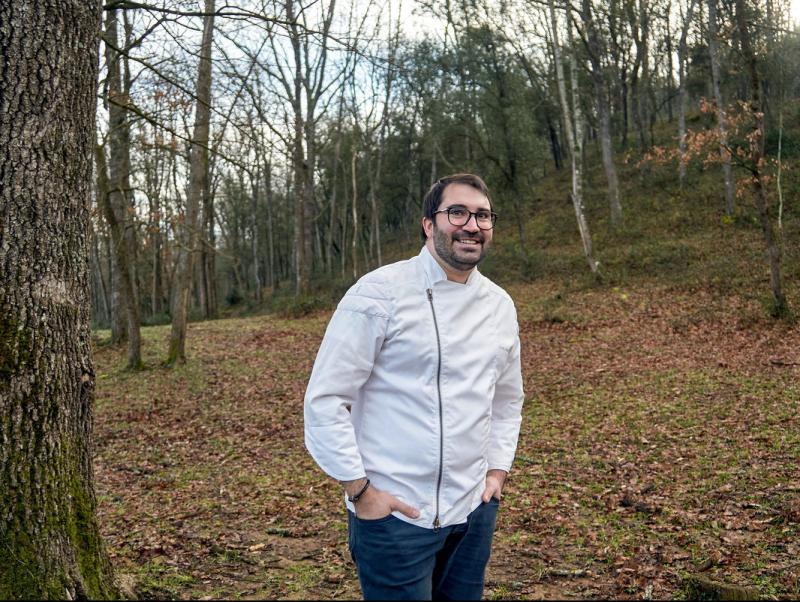Lluís Agustí
professor at the UB’s faculty of information and audiovisual media
Readings on the phone against the pandemic
THE POWER OF READING “Nine months after offering his voice, he still reads over the phone, but now only on Sundays”
He made his offer on Twitter. It was on March 19, when we were all confined at home: “Available to read over the phone novels, short stories and poetry, free of charge to those who need it, in Catalan or Spanish, depending on availability of texts and at agreed hours.“ Lluís Agustí, professor at the UB’s Faculty of Information and Audiovisual Media has a long CV: librarian, graduate in Portuguese philology, doctor in information and documentation... he has lived, and lives, among books. For a few years, he travelled the world from library to library, working among books in Lisbon, Paris, Brussels and New York. Back home, in Barcelona – “I have a son who has already been to so many places!” – he also lives among books, an estimated 4,000, plus a couple thousand more that he keeps at his parents’ house.
There are plenty of words to read. Lluís did not know, however, the response that his modest offer would get: “I could see that there was a lot of anxiety around. I’ve always been busy, and all of a sudden I was at home for the first time doing work but quietly, and I thought I could lend a hand, “ he says.
Nine months after offering his voice, he continues reading over the phone, but now only on Sundays. Gianni Rodari’s Tales by Telephone is a point of reference for every librarian. But he thought more of Marek Halter, the French writer and activist, who as a child managed to escape from the Warsaw ghetto to the refugee camps of the USSR and who explains how in those moments of hardship, hunger and violence, the only time where it all stopped was when stories were told.
That same March 19, from his Twitter account, he started with the readings, first with three requests, which by July had gone up to seven or eight a day. He put aside 15 minutes for each of them – “I couldn’t abuse people’s patience” – and the time to decide what to read: three poems about the memory of happiness, three more about flies, short stories, poems, or fragments of essays, from Plato to Godot, Segarra, Calders or Estellés. “We met on the phone at a specific time, I put on my headphones and read, nothing more.”
The voice establishes very powerful links: “They are people I’ve never seen but we keep calling each other, it’s been nice,” he says. Lluís has read for dozens of people, and some look forward to hearing his voice every day: “There’s a woman I called every day until the last day of lockdown,” he says. People have suggested he do the readings through video conferencing, or that he do podcasts so as to reach more people... but he was not interested in doing that. “It’s something ephemeral, and for a specific person. Reading helps you to stop thinking about other things. And that’s what I wanted to offer, a few moments of peace,” he concludes.
covid stories

